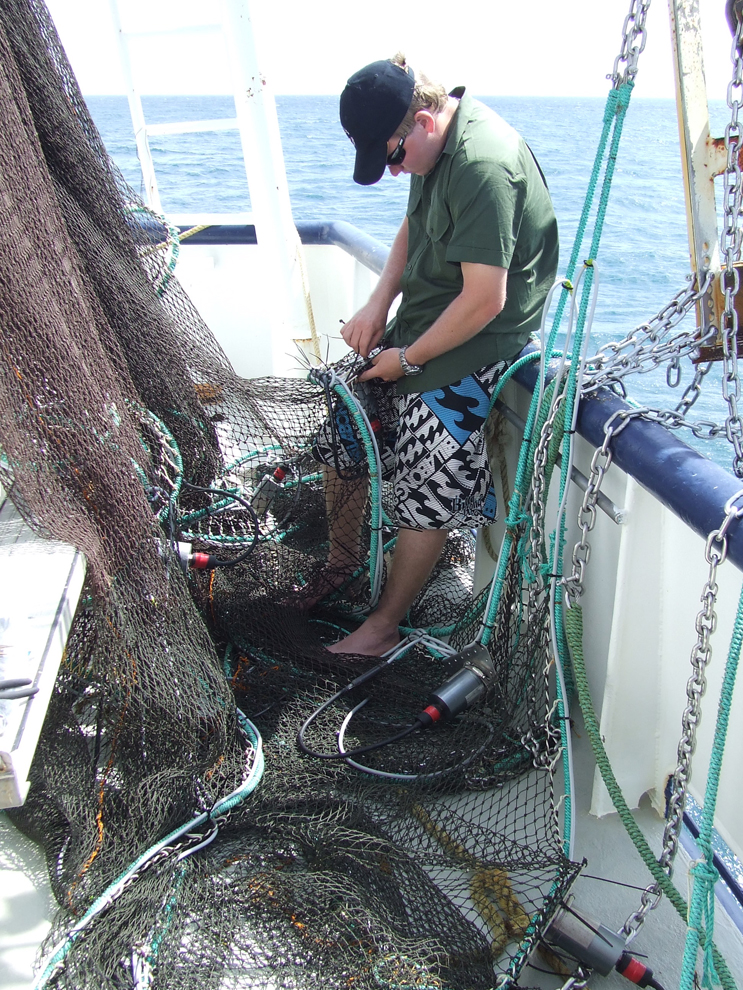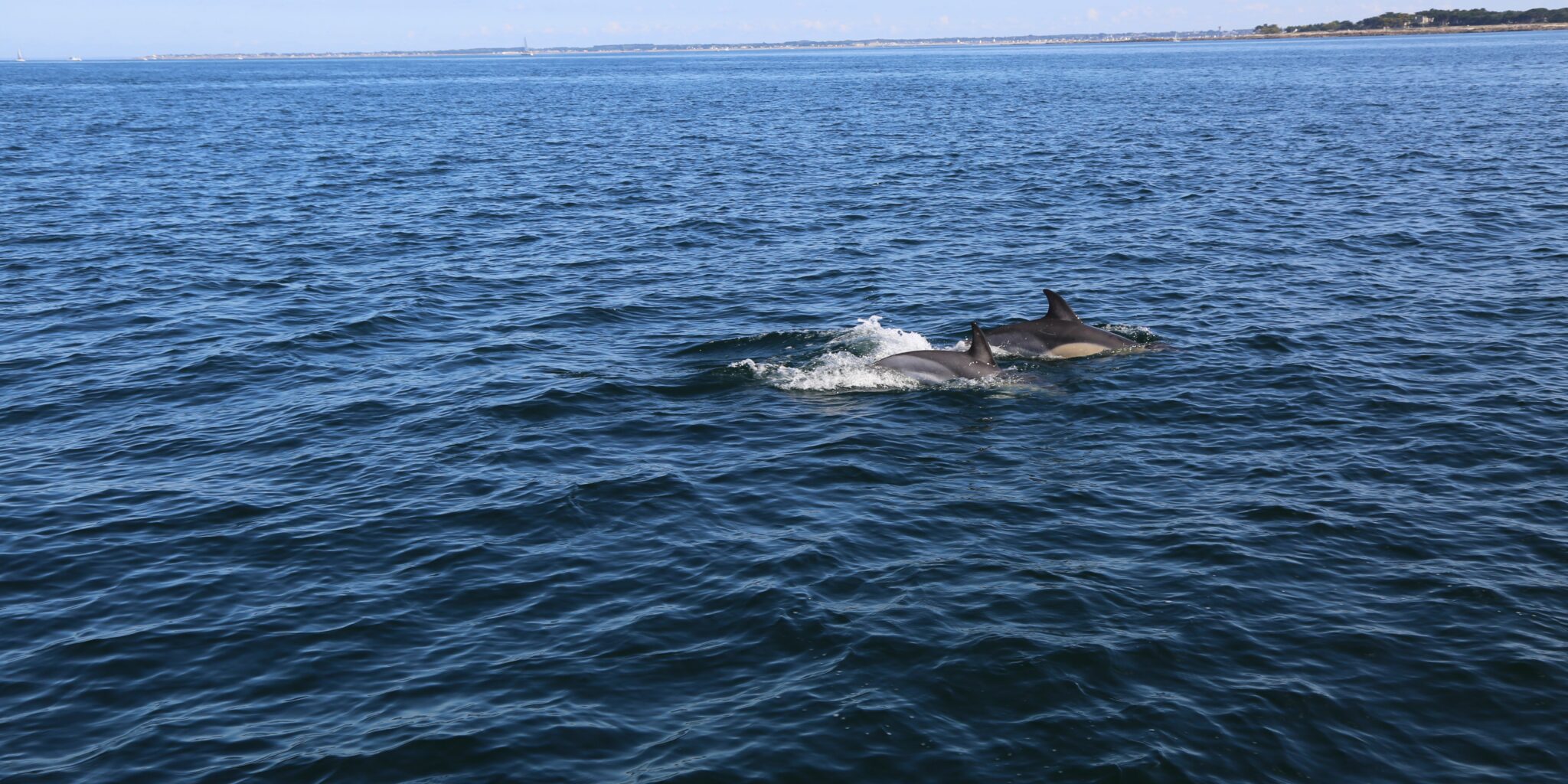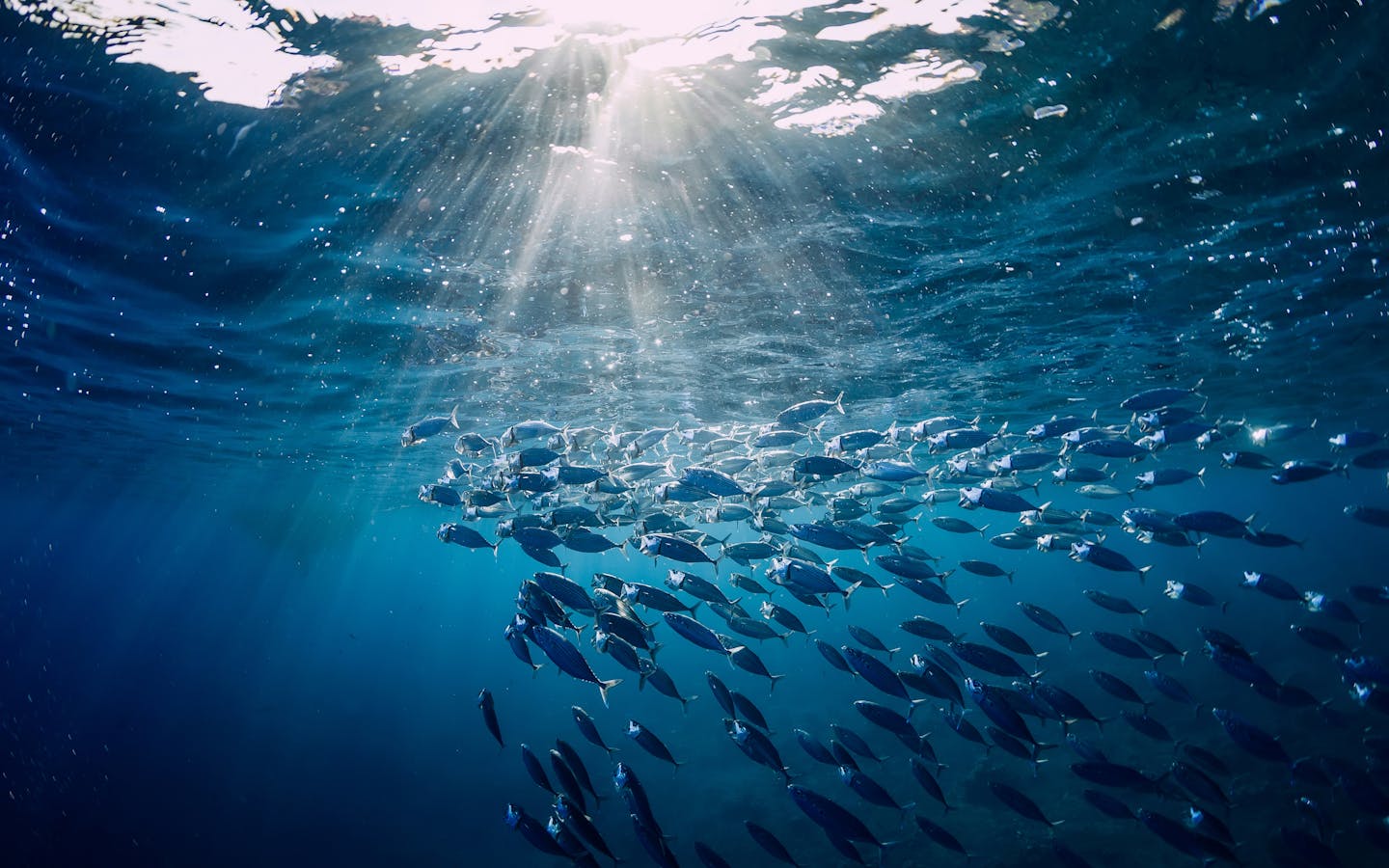Sustainable Fishing Practices: Conservation and Ethical Consumption
In the vast expanse of our oceans and the serene waters of our lakes and rivers, a delicate balance exists—one that sustains not just aquatic life but also human livelihoods and the health of our planet. This balance is encapsulated in Sustainable Fishing Practices: Conservation and Ethical Consumption. In this blog post, we'll dive deep into what this means, why it matters, and how each of us can contribute to the preservation of our marine resources.
Understanding Sustainable Fishing Practices
What is Sustainable Fishing?
At its core, sustainable fishing refers to the responsible harvesting of aquatic resources while maintaining their long-term health and productivity. It's about ensuring that fishing practices do not deplete fish populations or harm the marine environment, allowing ecosystems to thrive and support future generations.
Key Aspects of Sustainable Fishing
1. Regulation and Management:
Effective fisheries management involves setting quotas, regulating fishing gear and methods, and establishing marine protected areas. These measures help prevent overfishing and protect vulnerable species.
2. Ecosystem Health:
Sustainable fishing takes into account the broader ecosystem impact, aiming to minimize bycatch (unintended catch of non-target species) and habitat destruction. Healthy ecosystems are resilient and can recover from natural disturbances.
3. Social and Economic Sustainability:
It's not just about the environment but also about ensuring that fishing supports communities economically and socially, promoting fair labour practices and equitable distribution of benefits.
Why Sustainable Fishing Matters
1. Preserving Biodiversity:
Marine biodiversity is crucial for ecosystem stability and resilience. By sustainably managing fish populations, we protect biodiversity and the delicate balance of marine life.
2. Food Security:
Millions around the world depend on fish as a primary source of protein. Sustainable fishing practices ensure that future generations can continue to rely on seafood as a food source.
3. Climate Resilience:
Healthy oceans play a vital role in mitigating climate change by absorbing carbon dioxide. Sustainable fishing practices contribute to maintaining ocean health, which in turn helps combat climate change impacts.
Examples and Anecdotes
Success Stories in Sustainable Fishing
1. New Zealand's Quota Management System:
Implemented in the 1980s, this system allocates fishing quotas based on scientific assessments of fish stocks. It has led to the recovery of several fish species and improved economic outcomes for the fishing industry.
2. Community-Based Fisheries Management:
In places like Belize and the Philippines, local communities are actively involved in managing their fisheries, leading to better conservation outcomes and increased social benefits.
Challenges and Innovations
1. Illegal, Unreported, and Unregulated (IUU) Fishing:
IUU fishing remains a significant challenge, threatening marine biodiversity and undermining efforts towards sustainability. Innovations in satellite technology and blockchain are being explored to combat IUU fishing and improve traceability.
2. Aquaculture and Sustainability:
As global seafood demand grows, sustainable aquaculture practices are being developed to complement wild-caught fisheries. These practices aim to minimise environmental impacts and ensure responsible fish farming.
Conclusion
In conclusion, Sustainable Fishing Practices: Conservation and Ethical Consumption are not just buzzwords but essential principles for safeguarding our oceans' future. By understanding and supporting sustainable fishing, each of us can contribute to preserving marine ecosystems, supporting coastal communities, and ensuring seafood for generations to come. Let's continue to explore and advocate for practices that respect the oceans and sustain life within them.
Join us in the journey towards a more sustainable future—one where the bounty of the sea remains abundant and accessible to all. Together, we can make a difference in consuming and conserving our marine resources. Remember, the sea connects us all. Let's ensure it thrives for generations ahead.







Comments
Post a Comment